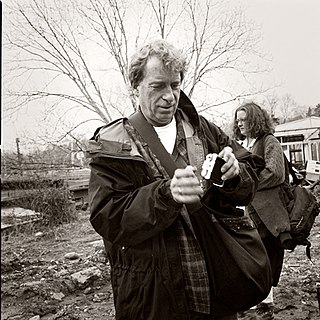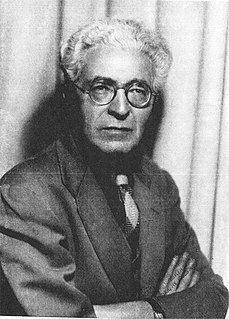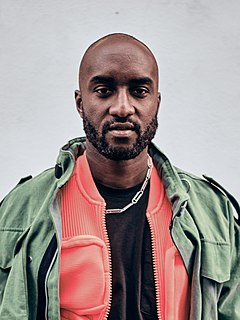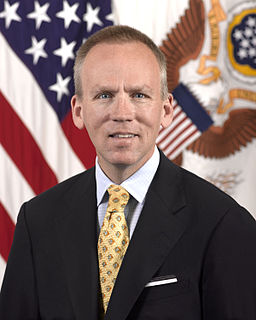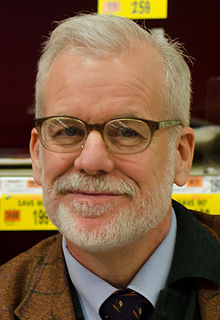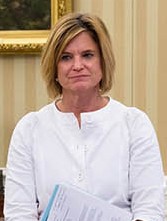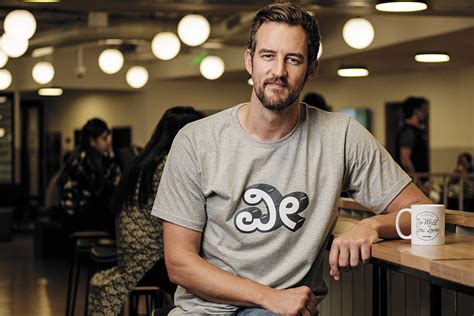A Quote by William Wegman
Related Quotes
No, you don't have to start your play with a premise. You can start with a character or an incident, or even a simple thought. This thought or incident grows, and the story slowly unfolds itself. You have time to find your premise in the mass of your material later. The important thing is to find it.
I think if anything, the fact that it's popular right now makes me go: "Well, I guess I'm going to start doing something else then in the next few years." I dunno, it almost feels hackneyed at this point. To start a premise by saying, "I did this awkward thing." But then again, awkwardness and feeling alienated are always going to be a part of comedy. Alienation, I suppose, can't be hackneyed because it will always exist.
I start off with the obvious, that it makes no sense either to believe or to disbelieve in God until a substantial and intelligent definition or concept should be offered. Belief or disbelief is a secondary consideration, contingent on the intelligibility and cogency of the premise; the primal unintelligence or irrationality of moderns is revealed by their eagerness to leap to a conclusion without ever being curious what the hell the original premise was.
There are philosophical issues involved in that about choosing the right discount rate, the value, the future, and things like that which drive it. But its start with the premise that global warming is real and if you're a denier of that fact, then you're not going to find climate change mitigation policies to have particular appeal.
